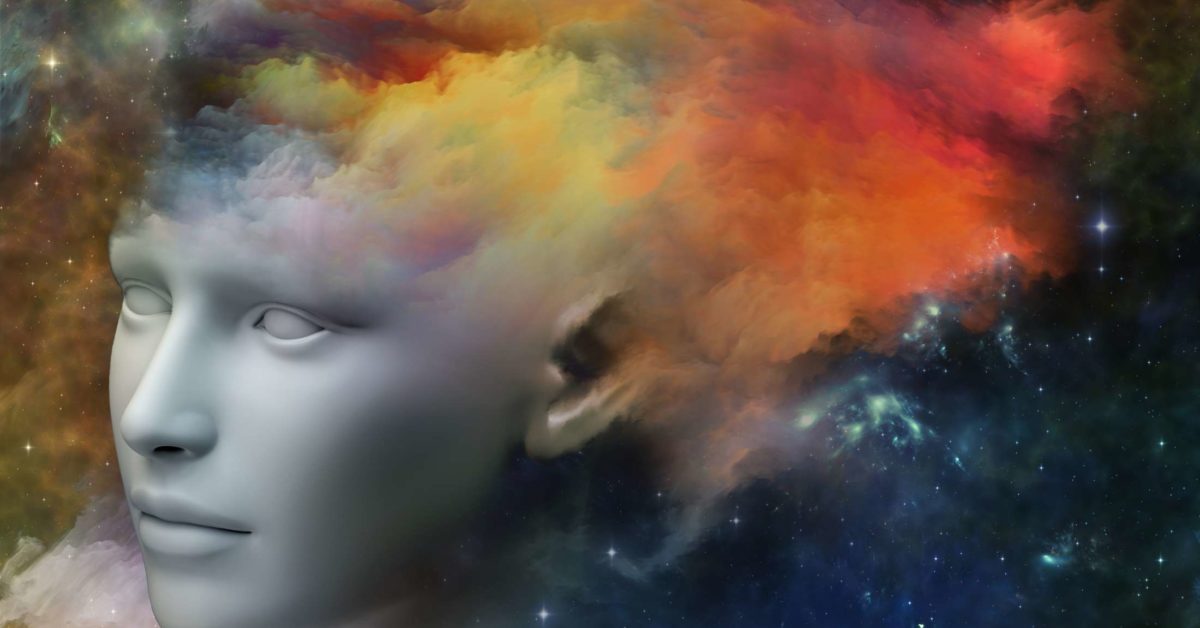

They then compared these colour-letter matches to fridge magnets sold by Fisher-Price between 19. Researchers from the Department of Psychology at Stanford University used data from 6,588 registered users to determine which colours are most commonly associated with which letters. The Synesthesia Battery site was recently used to discover how fridge magnets may play a role in the condition as children.

Researchers used data from 6,588 registered users to determine which colours are most commonly associated with which letters (pictured)

Projectors and Associators are proposed forms of synesthesia that describe how people experience their ‘synesthetic percept’. This test is known as the ‘Vividness of Visual Imagery’ test.Ī final test, called 'Projector Associator' attempts to determine what form of synaesthesia a user has. They then take part in a five-minute test around their selected conditions – known as The Synaesthesia Battery.įor example, it asks users to select the colour they associate with numbers one to 10.Ī total of 30 of these numbers are shown before a users is asked questions about how vividly they can picture certain scenarios. Once signed in the user can select the types of synaesthesia they believe they have, based on the generic questions, including colours in sounds, tastes, sexual experiences and more. It then reveals the likelihood that they may have synaesthesia - and the types they have. These include: ‘Do numbers or letters cause you to have a colour experience?’ and ‘Do weekdays and months have specific colours? Example: Does July always mean Navy Blue to you? Is Wednesday always orange?’ The test begins by asking seven generic questions about the user’s sensations. Reports claim it can affect as many as one in 23 people and has long been linked with high-levels of creativity and intelligence. It should be noted that there are no negative side effects from being a synaesthete. There have also been studies in which researchers claimed to have taught people to become synaesthetic - and as a result it is a contested condition. Some people are born with synaesthesia, while others experience it after a stroke, or while using psychedelic drugs such as LSD.


 0 kommentar(er)
0 kommentar(er)
